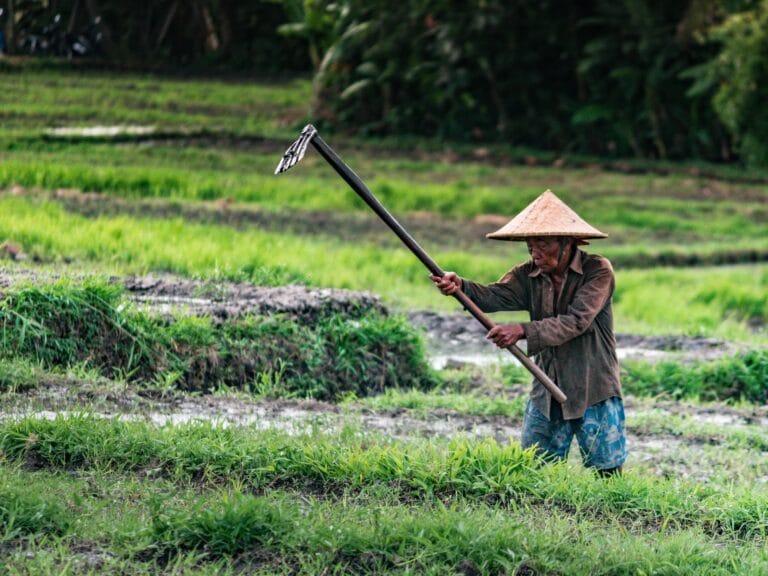The narrative of the rising number of population along with the estimated demographic structure has always put pressure on the topic of food security. Next to it, the agriculture sector poses other challenges including the receding agriculture lands and the lack of human resources. On the receiving end, the arguably needed dietary change is not yet happening. There is a mismatch in many aspects of our food system.
Over the years, the continuing discussion on this topic has resulted in many measures, such as using Agriculture 4.0 (even 5.0) to increase productivity, appealing agriculture to youth, and promoting the use of Internet of Things. These all are of course have a degree of success. What we need is to have a clear strategy that is implemented by all stakeholders. Aligning with the principal of sustainable development, the concentration of actors, good governance, and nurturing shared-value partnerships are the success keys in achieving zero hunger (SDG2).
In recent years, more and more discussions are organized to involve diverse stakeholders. This November, the special edition of the Responsible Business Forum on Food & Agriculture was initiated by Global Initiatives and Indonesian Business Council for Sustainable Development (IBCSD). It was co-hosted with BAPPENAS. This forum was conducted in a manner where participants can learn from the exemplary cases of business practices – which often excluded from discussions due to false assumption. The discussions in this forum led to the identification of existing SDG 2 initiatives and priorities. This then led to the creation of outline goals and targets for a national action plan. The outcome report from the forum will contribute to Indonesia’s next five-year development plan (RPJMN) 2020 and guide the National Taskforce for SDG2.
Identification of the challenge, initiative, and priority
To accelerate the end of hunger and malnutrition, we need to face the challenges and define the needs. The global food system is linked to many other aspects, such as water, health, education, energy and climate action, with important trade-offs to be made. The focus of work stretches from defining good dietary habits to ensure proper nutrition, diversifying food system, to empowering farmers to make them used to innovate.
The lack of nutrition causes stunting. Studies found that the problem of stunting is pertinent to anaemia among mothers and even freshwater deficiency. The other relevant debate is about the food price. Setting the price is not only about making it low to be affordable for all but also how to find a balanced price to provide welfare for farmers. This is pertinent to the fact that the current food system is inefficient. The existing trade barriers are said to have a negative impact both on the financial and nutritional aspect of the people. Not to mention the challenges posed by black boxes of fast food, food waste, and contamination.
Simultaneously, we need to give attention to the main actor of food supplier: farmer. This can be approached in many ways. For example, farmers can maintain their livelihood by implementing financial management, such as establishing cooperatives. Also, farmers should not only be dependent on food crops (e.g. rice). In fact, rice doesn’t make money. Farmers should utilize their other resources to make a living. Expectedly, this can contribute to a better value chain leading to a better return for farmers.
An inclusive approach to improve the food system
The true transformative potential of zero hunger agenda can only be realized through a systematic approach of interconnected stakeholders, which will help to identify and manage trade-offs while maximizing co-benefits.
Sharing benefits along value chains provide income that reduces poverty, improves access to food and nutrition and also prevents indirect land-use changes and other environmental problems. The role of private sectors is instrumental. Through partnerships with communities – rather than limiting their access to global markets – can change the behaviour of producers. This should be an integral part of responsible business. Between the private sector and the government, partnership such as in green financing, climate-risk insurance, and incentive schemes can be relevant for national and sub-national contexts. These levers suggest ample space for multiple actors to play roles so that ‘no one is left behind.’ Synergy should be created to ensure that achieving one goal and target does not impact negatively the achievement of others. In the case of Indonesia, implementing green-growth plans that have been mainstreamed to RPJMD is a potential entry point towards transformative food system.
Source: Discussion during Responsible Business Forum on Food and Agriculture, Pullman Hotel Jakarta, 5 November 2019.





